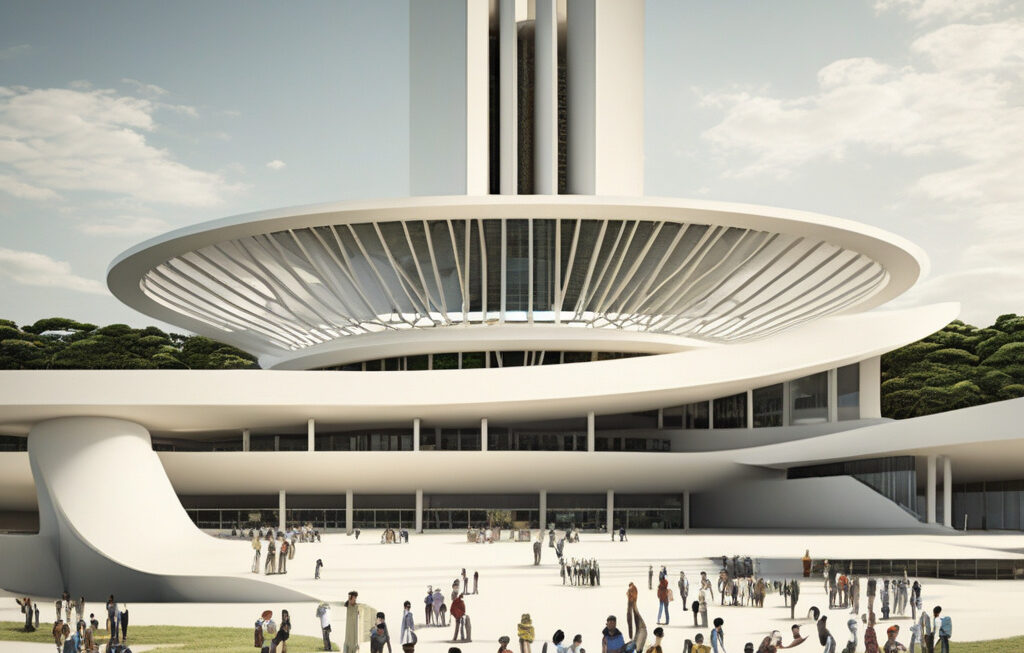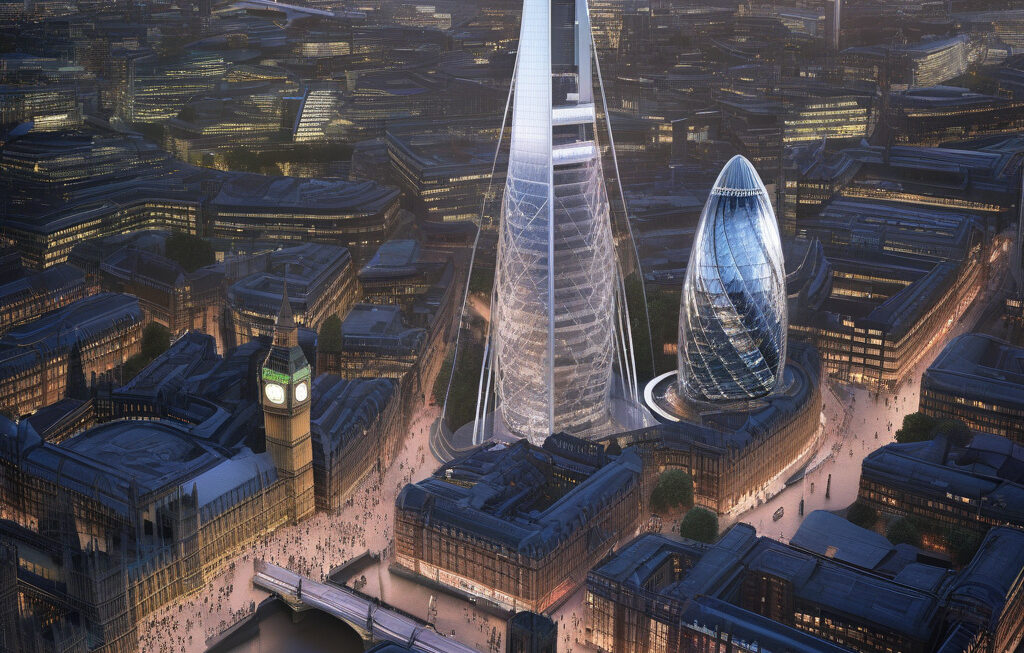Judge Halts Trump’s Alligator Alcatraz Detention Center Plans Over Wildlife Risk
A federal judge has ordered an indefinite stop to new construction at a Florida immigration detention center proposed by the Trump administration. The reason behind this ruling? The potential risk it poses to the local wildlife, particularly alligators.
The controversial detention center, dubbed “Alligator Alcatraz” by critics, was intended to house undocumented immigrants awaiting deportation. However, concerns were raised about the environmental impact of the facility, which was planned to be built on a site known for its diverse ecosystem, including a habitat for the protected American alligator.
In his ruling, Judge David S. Morales cited the Endangered Species Act and expressed the need to protect the delicate balance of the local environment. He emphasized that the proposed construction could disrupt the natural habitat of the alligators and other wildlife in the area, leading to irreparable harm.
This case highlights the importance of considering environmental factors in major construction projects, especially in ecologically sensitive areas. It also underscores the power of legal mechanisms in holding government initiatives accountable for their potential environmental consequences.
Environmentalists and wildlife conservation groups have applauded the court’s decision, viewing it as a victory for biodiversity and ecosystem protection. They argue that preserving natural habitats is crucial for maintaining ecological balance and safeguarding endangered species like the American alligator.
The halt on the Alligator Alcatraz project serves as a reminder that progress should not come at the expense of environmental conservation. Balancing development with wildlife protection is essential for sustainable growth and the long-term well-being of our planet.
As the legal battle over the Florida detention center continues, it raises broader questions about the intersection of immigration policy, environmental conservation, and government accountability. Finding solutions that address societal needs while respecting the natural world remains a complex challenge that requires careful consideration and informed decision-making.
In the meantime, the alligators and other wildlife in Florida can breathe a sigh of relief knowing that their habitat is safe from the threat of imminent construction. The ruling serves as a beacon of hope for those advocating for the protection of our environment and its inhabitants.
Ultimately, the case of Alligator Alcatraz underscores the importance of upholding environmental regulations and considering the impact of human activities on the natural world. It is a testament to the power of the law in safeguarding our planet’s biodiversity and ensuring a sustainable future for all living beings.
#JudgeRuling #AlligatorAlcatraz #EnvironmentalProtection #WildlifeConservation #GovernmentAccountability












